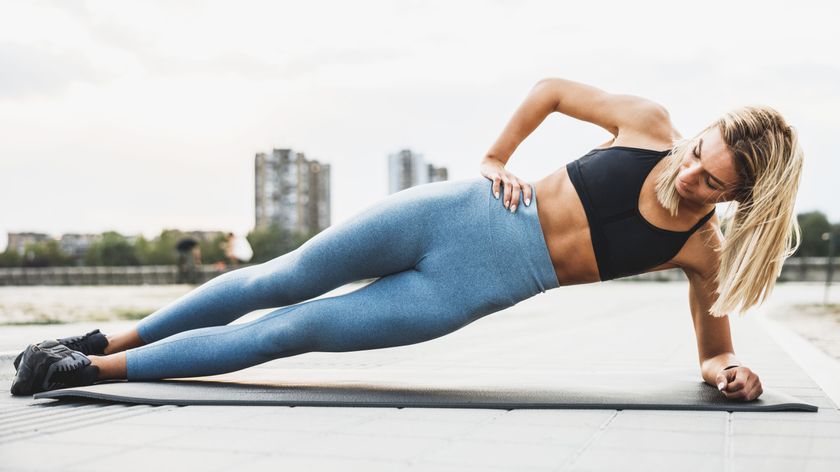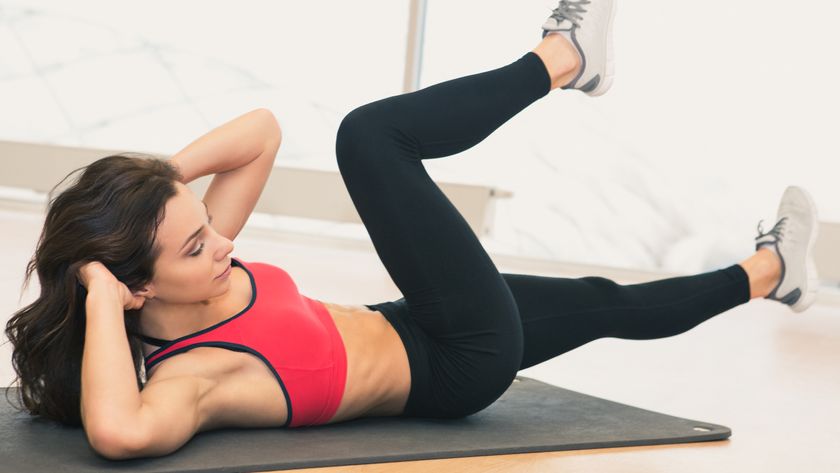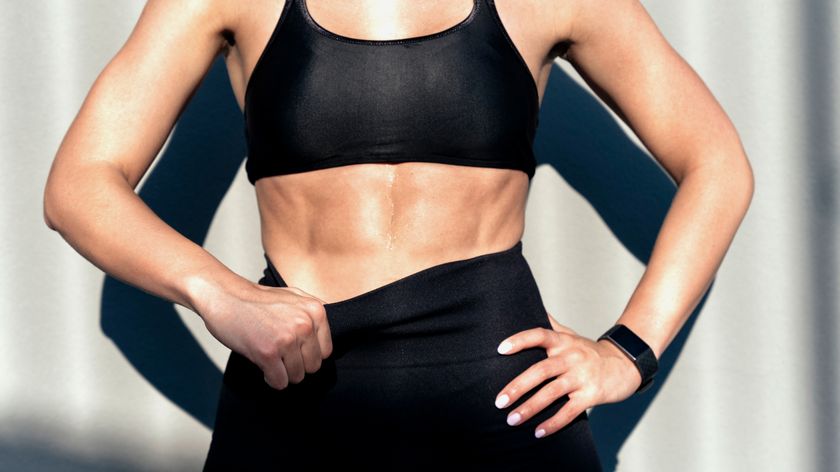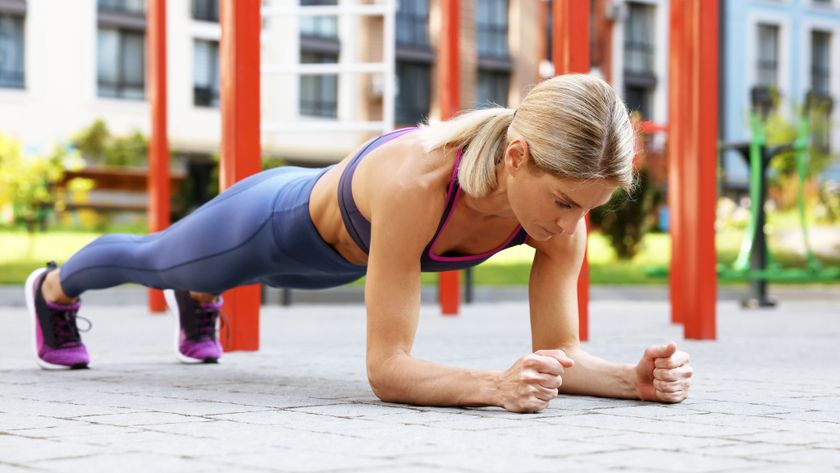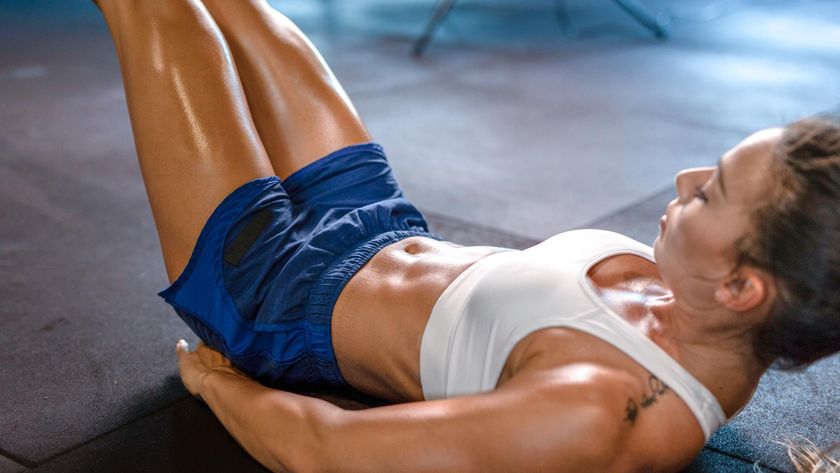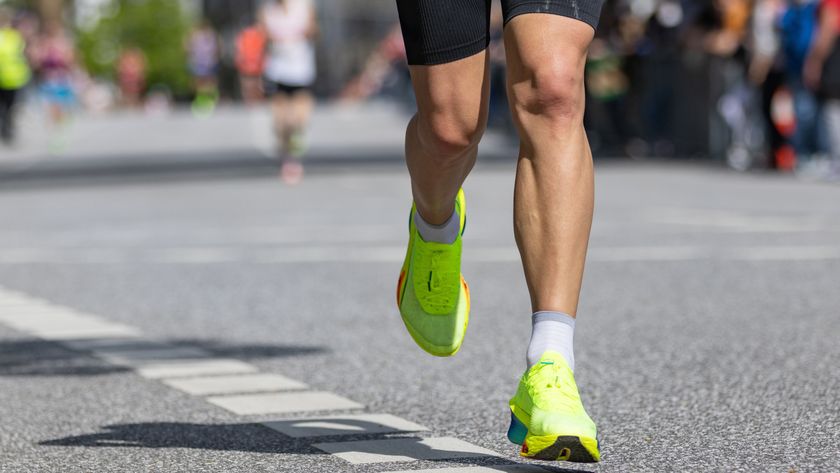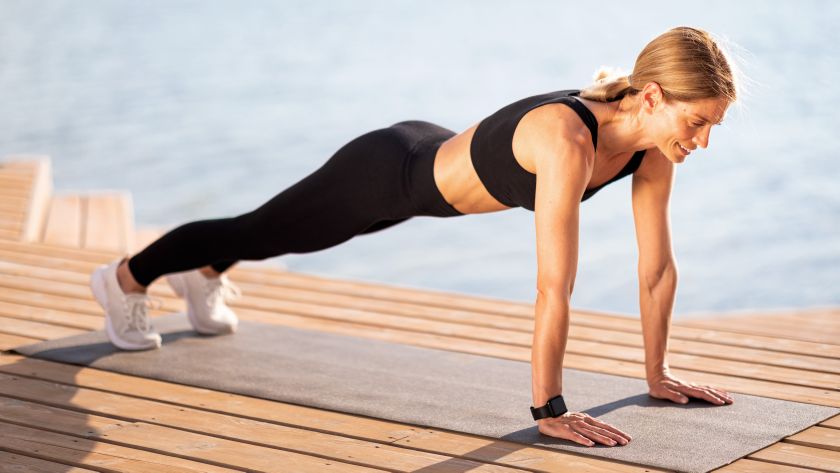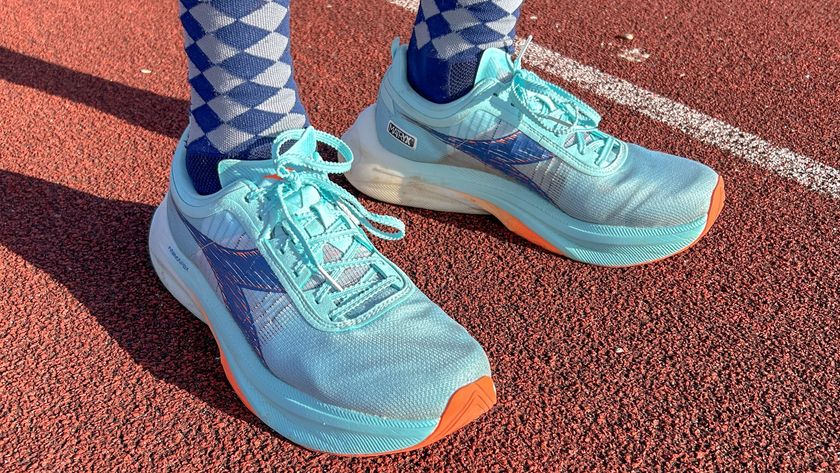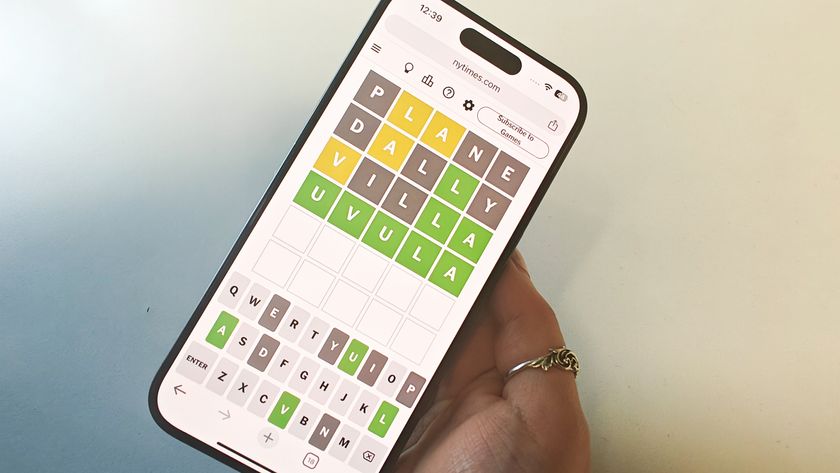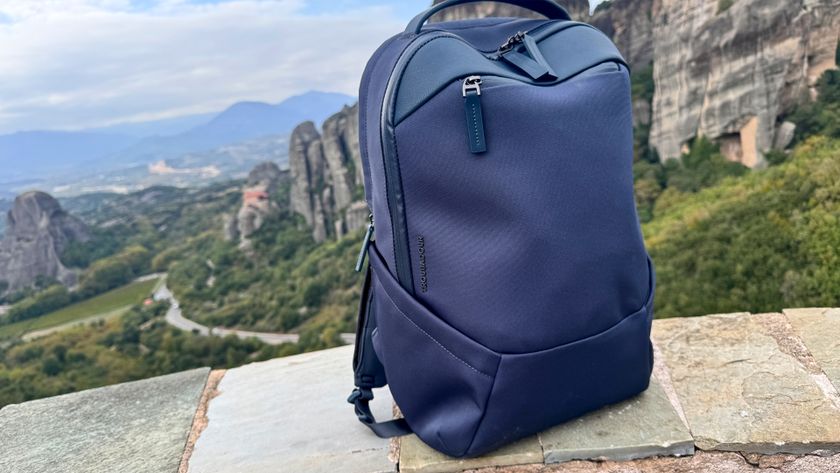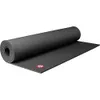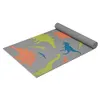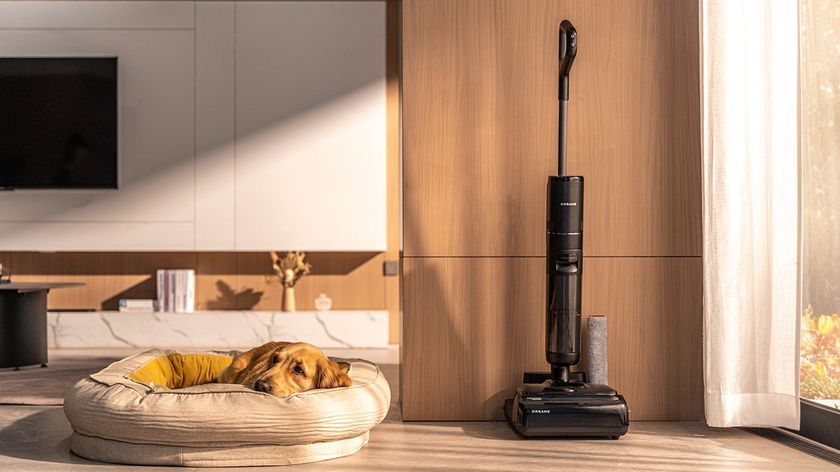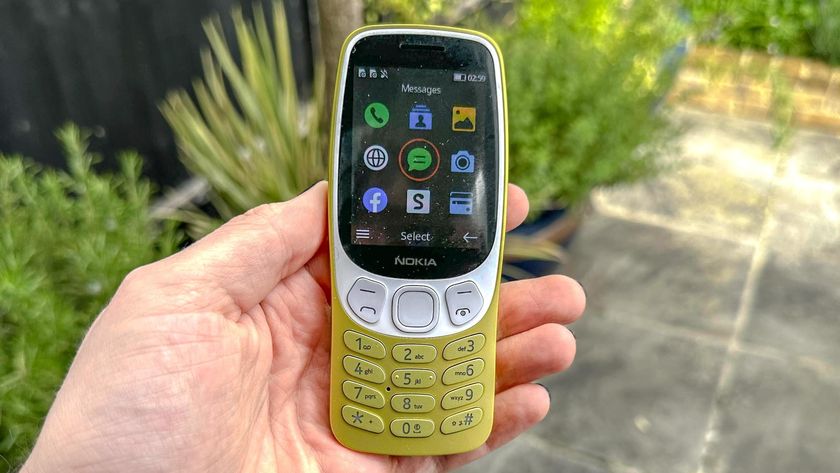I did hollow body holds every day for a week — here's what happened to my body
One move to work your core
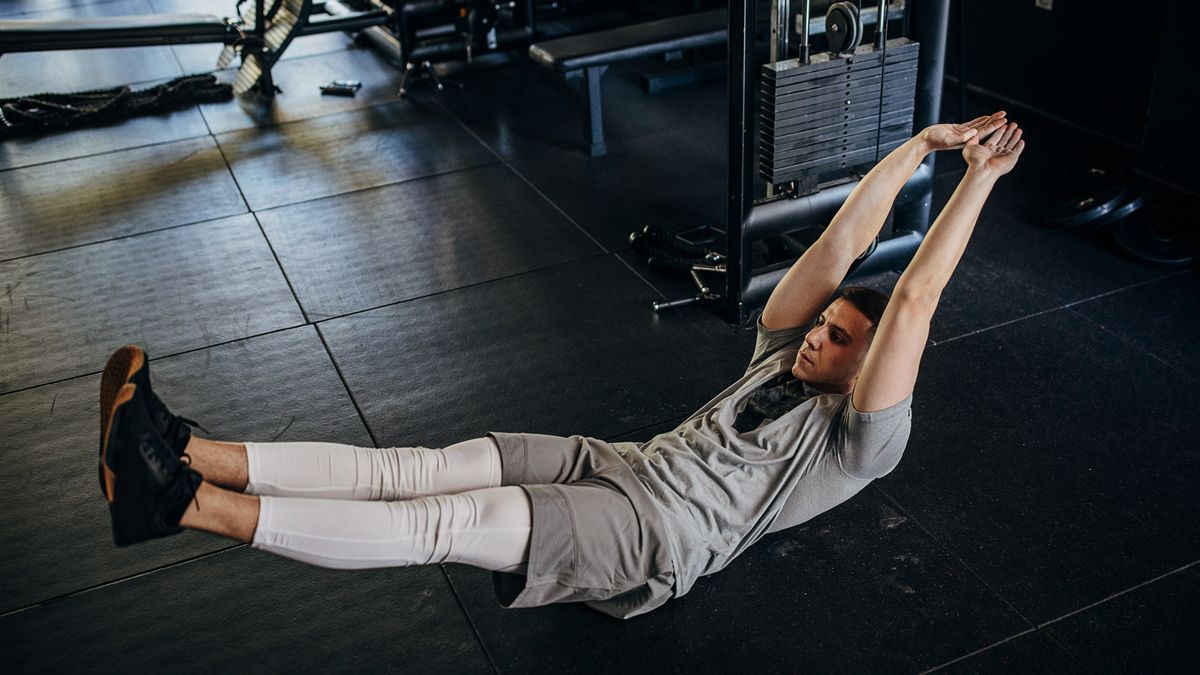
As the years roll remorselessly, thoughtlessly on, I’ve been paying more attention to my core, ever more keenly aware of the importance of these mid-body muscles that join together my upper and lower body.
I’ve seen older, dapper men walking about with an effortlessly upright posture and a cool elegance that suggests they’d look great in a top hat. But I’ve also seen slightly men of a similar age in discomfort.
All of which brings me to the hollow body hold. I’ve tried a lot of core exercises — including the side-to-side crunch, the standing bicycle crunch, the jackknife sit-up, and the side plank — but I wanted to attempt something different, something you don’t see very often.
So I did a little digging and found the hollow body hold (sometimes just called the hollow hold). And it’s a doozy.
What is the hollow body hold?
The hollow body hold is an isometric exercise — you contract a muscle or set of muscles and hold it in a static position — in which you lie on the ground and lift your head, shoulders, and legs to form the shape of a (not very bendy) banana.
Here, it puts an intense focus on the core. This is a move you can do almost anywhere, though I suggest you use a yoga mat or a carpeted floor. The hollow hold is generally considered to be an intermediate or even advanced core move, and I can see why.
It’s a complete core exercise, working your rectus abdominis (the top layer of the abdominals) and the transverse abdominis (the deepest of the abs, wrapping around the trunk), as well as, to a lesser extent, the obliques (which lie on the sides of the abdomen), lower back and glutes.
Sign up to get the BEST of Tom's Guide direct to your inbox.
Get instant access to breaking news, the hottest reviews, great deals and helpful tips.
How to do the hollow body hold
- Lie on your back on a mat with your legs straight and your arms overhead, close to your ears.
- Press your lower back into the floor and contract your abs. It’s vital that you maintain this ab contraction and contact with the floor during the move, for proper form and to protect your back.
- In a controlled manner, raise your legs, head, shoulder, and upper back a few inches off the floor. If you have to raise it higher, that’s fine. Don’t tuck on your chin, which will put pressure on your neck.
- Hold the position for 15-30 seconds, maintaining straight arms and legs, before lowering with control to the floor. Rest for 30 seconds, then repeat twice more.
Here's what happened when I tried the hollow hold every day for a week
Sometimes you try a move for the first time and it feels like…not an old friend, exactly, but someone you knew a long time ago and are happy to see again, even if you can’t remember their name. So it was for me with the hollow body hold.
In part, this was because I could perform the move properly from the get-go. That is by no means always the case with these challenges. Of course, poor form, in the beginning, is not necessarily a bad thing, because getting better is part of the fun with these challenges.
But on those rare occasions when it goes right from day one, it just feels good. You’ve given your body a task and it has responded: “Sure thing. Watch this.”
Less is so much more
On the first day, I did three sets of 25 seconds, using an audio timer on my smartphone to count me down. Interestingly, I felt it mostly in my lower abs.
Many core exercises don’t get to the lower abs, which means your upper abdominals and hip flexor muscles have to take up the slack — they’ll do this, of course, but they won’t be happy about it. This kind of compensation often leads to discomfort or injury.
In the days that followed, I noticed a general burn throughout the core and deep into it, which is a very different sensation from doing an active core move, such as a sit-up.
I wasn’t surprised to note that the higher I raised my legs, the easier it was to hold the move, but I was amazed at how much more of a challenge it was when they were only two or three inches off the ground. The burn was intense — but good.
Making connections
If you can, pay attention to your body during this move. The static nature may give you the mental space to feel what’s going on from your head to your toes.
If you drop your arms to your sides, the move should feel a little easier; and the same will happen when you raise your legs higher. If you briefly relax your core muscles, you’ll probably find that your legs will drop.
It helped remind me that the body works best when all parts operate smoothly together, and that neglecting your core may mean trouble down the line, as other muscles set to work in a way they were not meant to. The body is great at adapting, but only up to a point.
Hollow body hold: my verdict
This is not a beginner's move, but if you want to try it, I can’t recommend it enough. It’s a superb exercise and one you can modify by lowering your legs just a little more or by adding flutter kicks, which I did later in the week — these give your lower abs and hip flexors more to do.
I’ve been doing a fair amount of muddy trail running lately, and a strong core is vital for tackling the twists and turns, and two-faced terrain, so I’ll be continuing this move. I’ll still trip and stumble, for sure, but less often.
More from Tom's Guide
- I tried this 8-move full-body dumbbell workout, and I felt stronger in just 25 minutes
- 7 best dumbbell ab exercises for beginners to strengthen your core
- I tried 60 hand-release push-ups every day for one week — here are 3 things I learned
John is a writer and editor based in London. He was worked for magazines such as Runner’s World, Men’s Health, Women’s Health and Cosmopolitan. A keen runner, what he lacks in ability he makes up for with enthusiasm and excuses.
